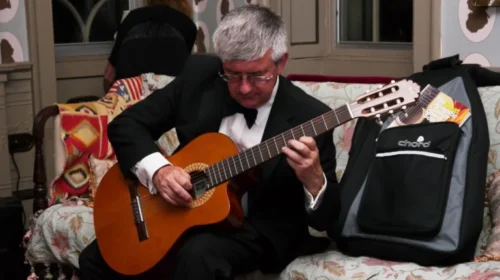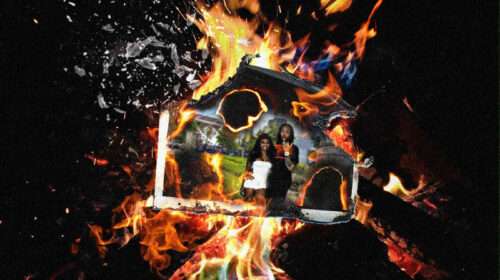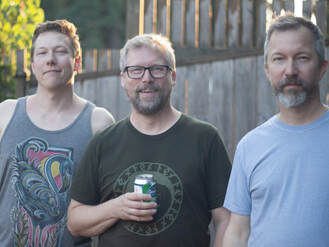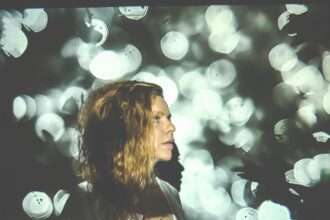There are artists who write music, and then there are artists who live it—who carve lyrics from the marrow of their stories, turning struggle into sound and healing into harmony. Bex Lindsey is undeniably the latter.
Formerly known as Arizona Lindsey, Bex has spent the last few years undergoing not just a musical transformation, but a deeply personal one. Emerging from a childhood marked by instability and a young adulthood shaped by trauma, she turned to songwriting as a lifeline. It began privately and, later, became something she started sharing boldly and publicly. Her songs don’t just entertain; they validate. They listen back.
Bex’s upcoming album, The Process, is a two-part concept project born from the depths of grief, abuse recovery, academic endurance, and ultimately, renewal. With degrees in forensic psychology and mental health counseling, her music is as therapeutic as it is melodic. It’s anchored in emotional honesty and shaped by her background in mental health. Her lyrics read like journal entries and healing sessions rolled into one, offering solace to those navigating similar storms.
In this conversation, we talk to Bex about everything from inner child work to performing under a new name, from working with industry heavyweights to feeling rejected by TV talent shows. All of it plays a part in the bigger picture. Whether she’s singing about loss, love, or longing, Bex Lindsey is proof that vulnerability can be power, and that some of the most moving songs come from the hardest places.
Read on as we dive into the heart of her journey, the making of The Process, and the purpose behind her evolving artistry.
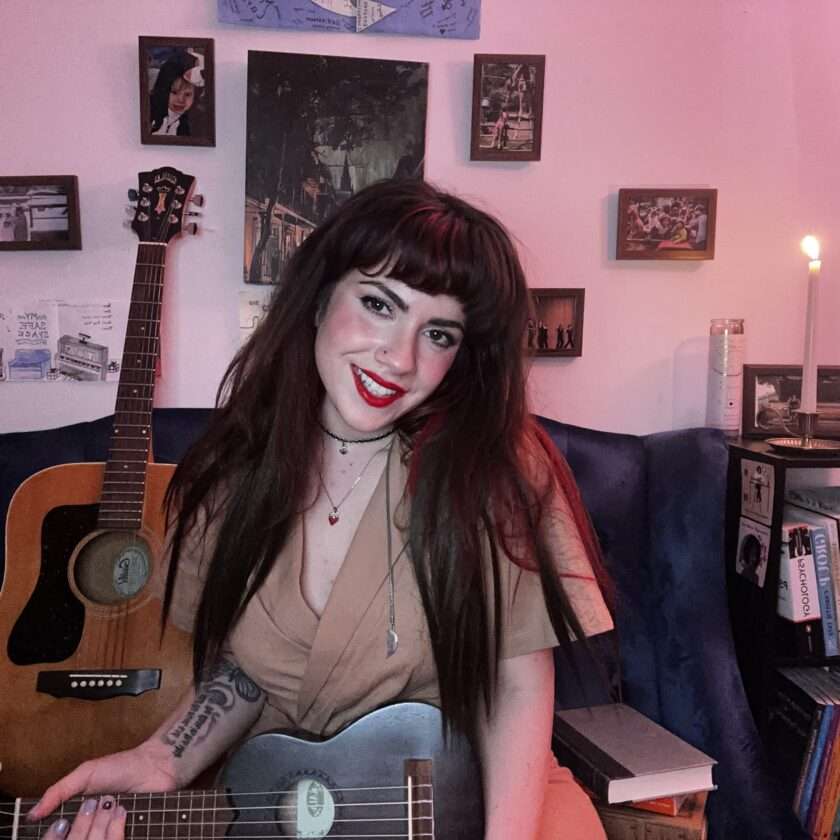
Can you tell us a bit about your journey into music? How did it all begin for you?
it started with a guitar and a lot of big feelings I didn’t know how to process. I was a really emotional kid growing up in an unstable home, and songwriting became a way to make sense of everything I couldn’t say out loud. Over time, it turned from something I did privately into something I started sharing, first locally and then professionally. For me, music was never about being perfect; it was about being honest.
Congratulations on The Process. The title suggests a journey. What does “the process” mean to you personally, musically, and therapeutically?
Thank you. The Process represents everything I went through to rebuild my life after trauma—leaving abuse, losing my mom, becoming homeless, putting myself through grad school, learning to believe in love again. It’s not a clean, linear journey. It’s complicated and layered, and I wanted the album to reflect that. Musically, it moves through stages like grief does: numbness, longing, anger, clarity, hope. Therapeutically, it’s about giving space to feel everything fully and validating how complicated healing can be.
“Little Girl Big Feelings” is a beautiful and intimate song. What inspired it, and what emotional space were you in when writing it?
Little Girl Big Feelings was written as a letter to my inner child following a really difficult week. I’d just faced rejection from The Voice and exclusion from a group at school, and I was feeling pretty low. I could have easily shifted the song to focus on brighter milestones, like graduating with my Master’s in a few months or even signing my first distribution deal. But instead, I really just wanted to hold space for exactly what I was feeling in that moment and gave myself permission to process those emotions honestly.
You have a unique blend of academic and artistic training. How has your background in mental health counseling influenced your approach to songwriting?
It’s influenced everything. In counseling, we’re trained to listen deeply and validate the nuances of human emotion—and that’s exactly what I try to do in my songwriting. I write about trauma, anxiety, grief, and more recently, love. Really, I write about my own experiences and the experiences I’ve witnessed in others. Having a clinical lens helps me hold space for emotional complexity in the lyrics. I also think a lot about the listener, the one who finds my song in the quiet of the night, just needing to feel understood.
With degrees in forensic psychology and mental health counseling, how has your understanding of human behavior shaped your relationship with your listeners?
I think it’s made me more intentional and committed to personal growth. I understand how much shame and silence people carry, and I want my listeners to feel like they’re not alone in that. That’s why I don’t sugarcoat anything in my music. I talk about the uncomfortable things because those are often the exact things people are most desperate to feel seen in. My education helps me write with compassion, not just for catharsis.
Your upcoming album, The Process, is generating a lot of excitement. What can fans expect from this new body of work?
The Process is a two-part concept album that takes you through the journey of trauma recovery. It’s raw, layered, and probably the most honest thing I’ve ever created. The sound moves between stripped-down ballads and fuller, cinematic singer-songwriter bops. Lyrically, it explores the stages of healing, touching on grief, domestic violence, survival, and redefining hope and resilience. If you’ve ever wondered whether you could feel truly safe or loved after trauma, this album is for you.
You’ve worked with some big names in the industry. What have those collaborations taught you?
Producing and writing for artists I once admired from afar has been an incredible and grounding experience. The biggest lesson I’ve learned is that no matter how successful someone is, the best collaborators are those who genuinely care about the art, the truth behind it, and making sure it’s heard by those who need it most. This journey has truly strengthened my confidence and deepened my love for creating music, especially with others.
What has been the most rewarding part of your journey so far as both a musician and an advocate?
Hearing from people who say a song of mine made them feel less alone—that’s everything. Whether it’s someone in recovery, someone grieving a parent, or someone leaving an abusive relationship… knowing my music gave them language or comfort in that moment is why I keep going.
You recently transitioned from performing as Arizona Lindsey to Bex Lindsey. What inspired the change, and how does the new name reflect where you are in your life and career?
Arizona Lindsey was a name given to me by local bars and cafes when I was a kid performing and sometimes busking. It helped me survive and be seen during a time when I really needed that. But Bex Lindsey is simply me. It feels like the version of myself who has gone beyond survival and stepped into her own voice. It’s less about reinvention and more about becoming who I am beyond my past. The name change marks a fresh start, both artistically and personally.
For music submission, click here


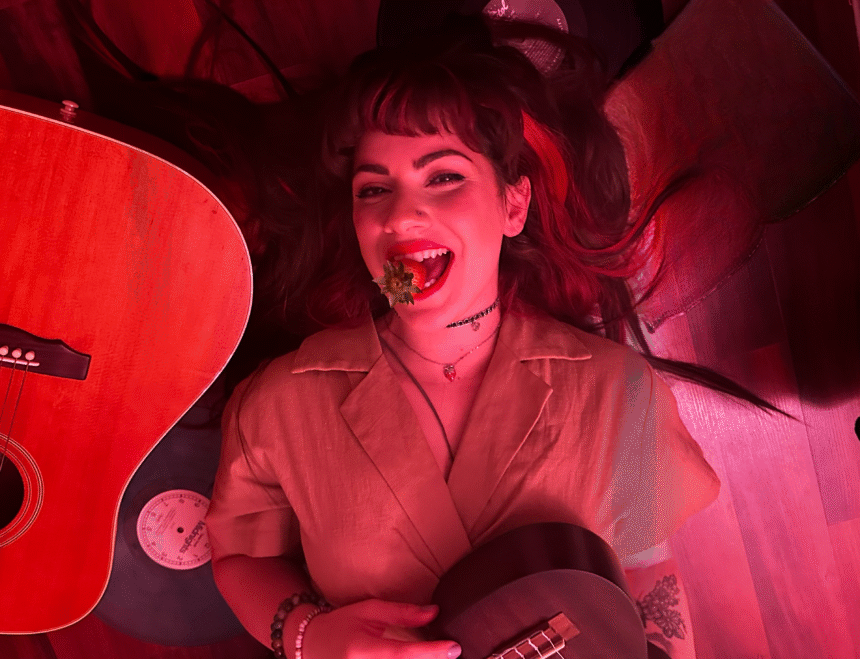
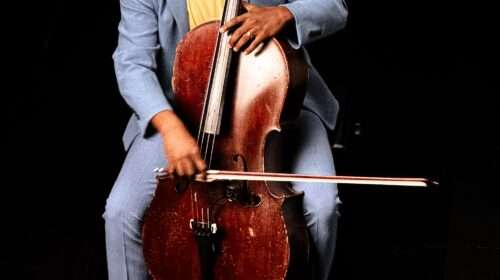
![[Music] ZerryDL - My Amigo (Download MP3) 54 Zerrydl – My Amigo](https://spinexmusic.com/wp-content/uploads/2025/07/Zerrydl-–-My-Amigo-500x280.jpg)
